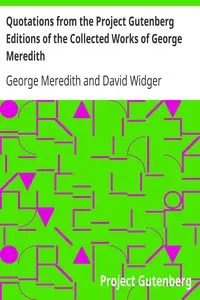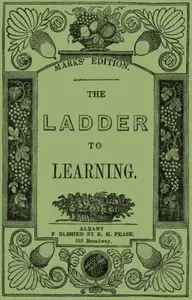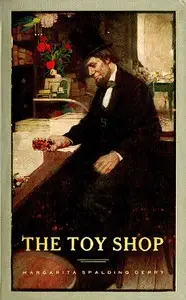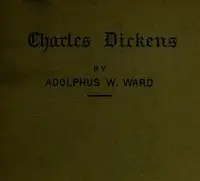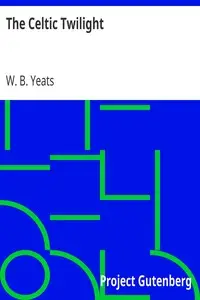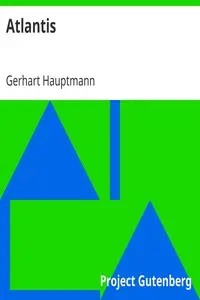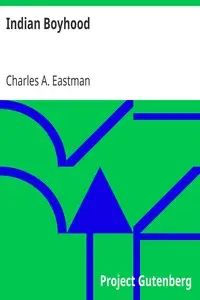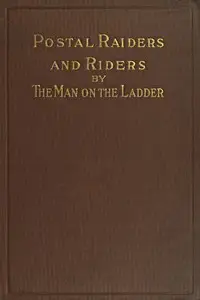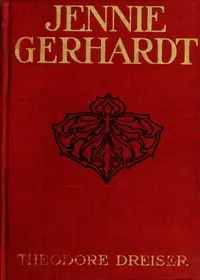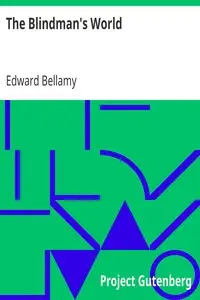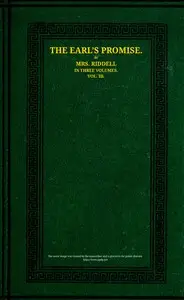"A Drunk Man Looks At The Thistle" by Hugh MacDiarmid is a complex poem written in the early 20th century. This work is a blend of philosophical musings and personal reflections, rooted in Scottish identity and culture. The poem navigates themes of drunkenness, national consciousness, and existential inquiry, presented through a unique, colloquial Scots dialect. The opening of the poem introduces a narrator who, in a state of inebriation, contemplates his existence and the nature of Scottish life. He reflects on his weariness, societal expectations, and the contrast between his drunken thoughts and the sober realities he observes. Through vivid imagery, he explores the symbolic significance of the thistle, Scotland’s national emblem, while expressing disdain for the superficiality he perceives in contemporary Scottish culture. As he grapples with his identity and the weight of expectation, the narrator’s insights reveal a tension between desire for personal freedom and the constraints of societal norms, setting the stage for deeper explorations throughout the poem. (This is an automatically generated summary.)
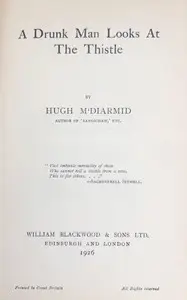
A drunk man looks at the thistle
By Hugh MacDiarmid
Wikipedia page on this work: https://en.wikipedia.org/wiki/A_Drunk_Man_Looks_at_the_Thistle
Christopher Murray Grieve, best known by his pen name Hugh MacDiarmid, was a Scottish poet, journalist, essayist and political figure. He is considered one of the principal forces behind the Scottish Renaissance and has had a lasting impact on Scottish culture and politics. He was a founding member of the National Party of Scotland in 1928 but left in 1933 due to his Marxist–Leninist views. He joined the Communist Party of Great Britain the following year only to be expelled in 1938 for his nationalist sympathies. He would subsequently stand as a parliamentary candidate for both the Scottish National Party (1945) and Communist Party of Great Britain (1964).


